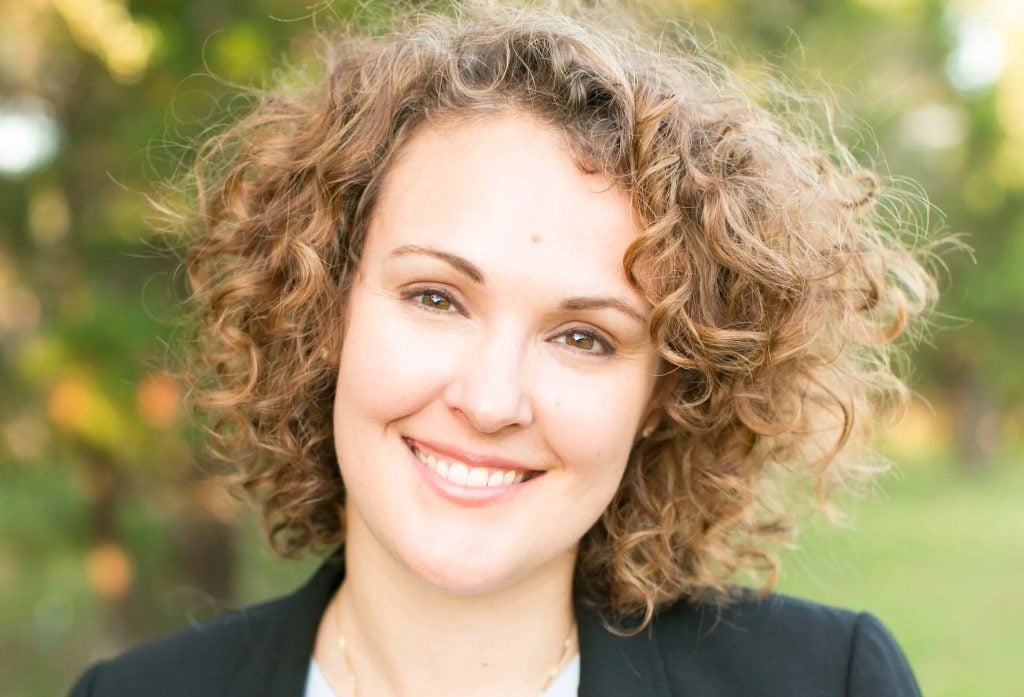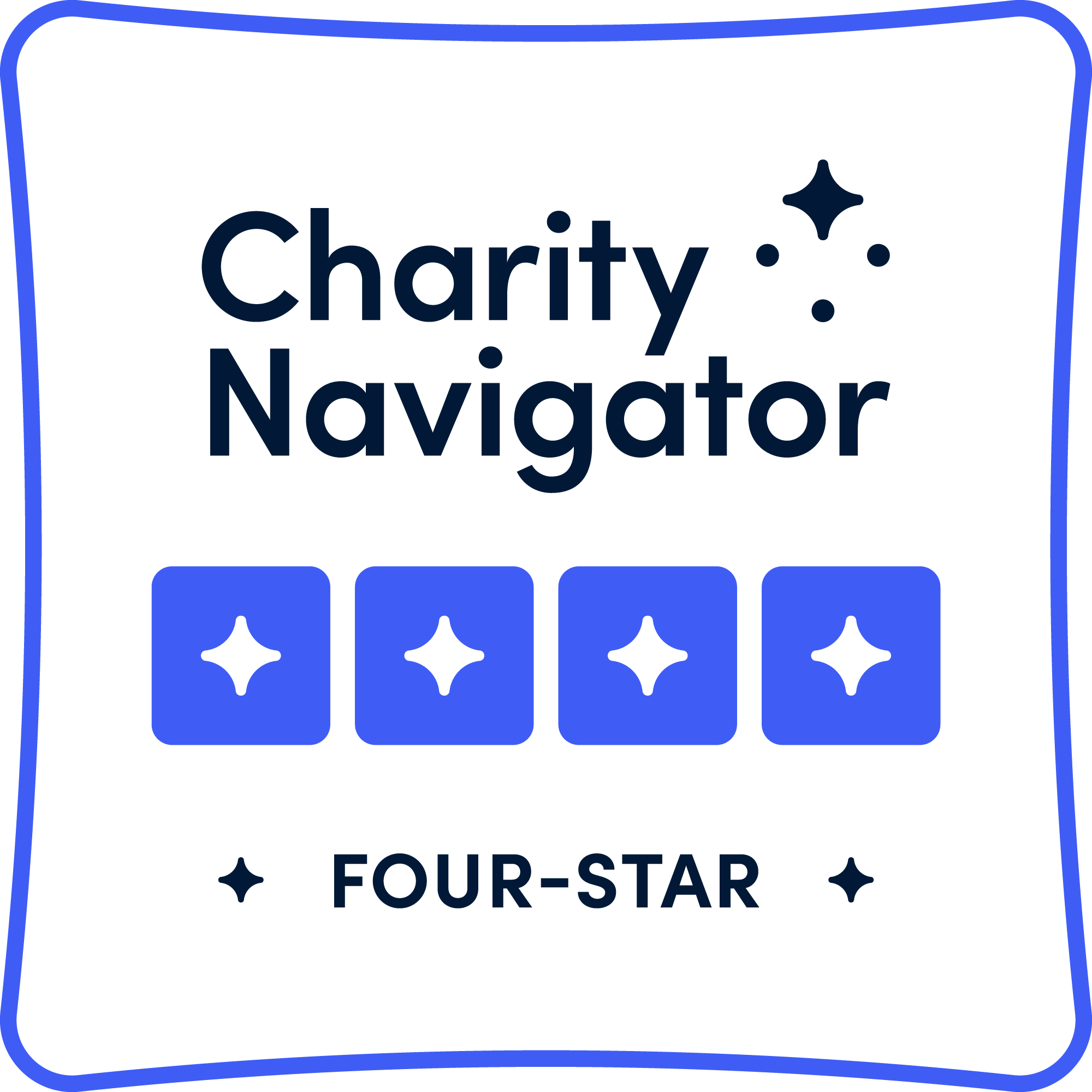
Veteran Mental Health: Awareness and Action
Cape Cod is known for its beaches, its scientific communities, and its quaint towns. Revered as a popular vacation destination in the United States, the Cape has a relatively small 220,000 year-round resident population and is an attraction for throngs of tourists and summer residents annually. But despite the notoriety, this sandy peninsula is not widely known for its veteran population—a population that, according to the Department of Veterans Affairs (VA) Office of Data Governance and Analytics report (2017) and the U.S. Census Bureau (2018), boasts up to an 8.69% veteran population density and includes over 18,000 veteran residents spread across its small coastal townships.
This veteran presence brings with it the need for programs and activities to ensure veterans remain well and productive during and after formal military service. Needs such as those for available, accessible, and engaging veteran-focused mental health services are often afforded by organizations at the local level. Joe Taylor, Executive Director for the Cape and Islands Veteran Outreach Center (CIVOC), knows what a big part mental health services have played in driving the success of the CIVOC’s housing and vocational reintegration programs. CIVOC’s mission is to end chronic homelessness by delivering comprehensive services to ensure effective reintegration of Cape Cod veterans into families and communities. “We are so busy, and we get busier every year,” Joe reports. Last year alone, CIVOC provided 1,435 veterans and their family members with mental health counseling that empowered participating veterans to accept vocational responsibilities, set career goals, enhance social interactions, and create sound work-life balance. But Joe admits that the growing need for CIVOC’s services is bitter-sweet: “The fact that we’re busy means that we’re helping, but it also means that the need for mental health services is significant—it’s real, it’s persistent, and the needs are always evolving.”
Just like the CIVOC on Cape Cod, veteran service organizations across the United States understand the importance of establishing and sustaining essential mental health services and evolving these services to meet the changing needs of new veteran generations, wherever those veterans live. The need is definitely critical across U.S. communities, states and regions. In fact, in fiscal year 2018 alone, more than 1.7 million Veterans received treatment in a VA mental health specialty program. Particularly in this past decade, the topics of mental health awareness, stigma reduction, access to care, and the evolution of innovative and effective treatment continue to live at the forefront of veteran health-related discussions and drive the development of veteran mental health-focused campaigns, collaborative initiatives, and research.
“The need for mental health services is significant—it’s real, it’s persistent, and the needs are always evolving.”
Serving 9 million enrolled veterans annually, the VA has responded to the call to veteran mental health-related action with a multi-faceted approach to care and a plethora of options for access. The VA provides timely access to high-quality, evidence-based mental health care that addresses each veteran’s individual needs during reintegration into civilian life and beyond. The VA programs focus on veteran strengths first in order to engage the veteran positively in the recovery process. Using evidence-based treatments and care that is measurement-based, or individualized, VA providers then look at the needs of the veteran holistically and offer coordinated care that is accessible anytime and close to home. More information on this and other VA veteran mental health initiatives can be found at www.mentalhealth.va.gov.
The VA’s approach is a tall order to fill, but one whose components are critical in order to avail necessary resources and connection to the veterans no matter where they reside and at the line on which they stand. The timely and comprehensive, whole-person approach to awareness, education, treatment, and advocacy necessitates the investment of countless organizations throughout the United States to continue to connect veterans with their benefitted resources and to expand the care at the local level.
Marjorie Morrison, co-founder, and CEO of Psych Hub, embraces the VA’s mission for mental health awareness, education, and evidence-based practices. Underscoring her excitement that the mental health community of providers and supporters has continued to expand access to mental health and wellness services, Ms. Morrison adds, “We continue to push for educating the public on mental health intervention—especially as to how to decide on what type of provider is the most appropriate in a given situation.” When asked what she sees as the greatest challenge and opportunity for the future with veteran mental health, Morrison emphasizes the significant value of solid research and evidence-based practices to deliver the most effective intervention to the right individual at the right time.
STRONG STAR Training Initiative is generating solutions now and remains a shining example of progressing the delivery of mental health services through training community-based mental health clinicians in evidence-based practices as well as increasing clinical access and connecting with veterans in their own communities. Dr. Katherine Dondanville, the STRONG STAR Training Initiative’s Program Director, seeks nothing less than effective “personalized outcomes” for each veteran seeking mental health treatment. “Right now,” Dr. Dondanville affirms, “we have effective mental health interventions, but there’s room to grow.” The “room” of which she speaks is the shortage of community-based access to evidence-based practice, and that void motivates STRONG STAR Training Initiatives to meet this current veteran mental health challenge head-on.

STRONG STAR Training Initiative, funded by the Bob Woodruff Foundation, trains competent, community-based, and veteran-serving mental health professionals to deliver cognitive processing therapy and prolonged exposure therapy treatment services—two gold standards, first-line treatments included in the VA and the Department of Defense clinical practice guidelines. Within only four years, Dr. Dondanville and the STRONG STAR team have trained over 1,000 clinicians in 33 states, thereby expanding the reach of the VA’s preferred evidence-based treatment methods in mental health. Simply, this program affords access for countless veterans to the most effective mental health treatment right in their own backyards.
The Bob Woodruff Foundation continues to advocate for veteran mental health awareness, and, through its grants and partnerships, assists the furthering of robust veteran mental health initiatives and optimal outcomes. During the past decade awareness of the need for veteran mental health services has increased, and the access to timely, appropriate and effective treatments for the individual has improved significantly. As we look forward to the next decade, it’s apparent that the continued efforts to promote awareness and provide access to care will be made even more impactful and efficacious with innovative research and with the resulting evidence-based practices that are delivered customized–even to remote locations–for each and every veteran in need.
Dr. Paula Smith is a grateful mom, Retired Army Soldier, Veteran, and writer. She earned her Doctorate and master’s degrees in Physical Therapy, her undergraduate degree in Communications, and numerous professional certificates for business development and management to include process improvement, project management, and non-profit executive management. Her passions include leading, mentoring, laughing, keeping up with her three active kids, and breathing in that energizing beach air at her home on Cape Cod. Paula also operates P.S. Get It Write! at www.psgetitwrite.com









